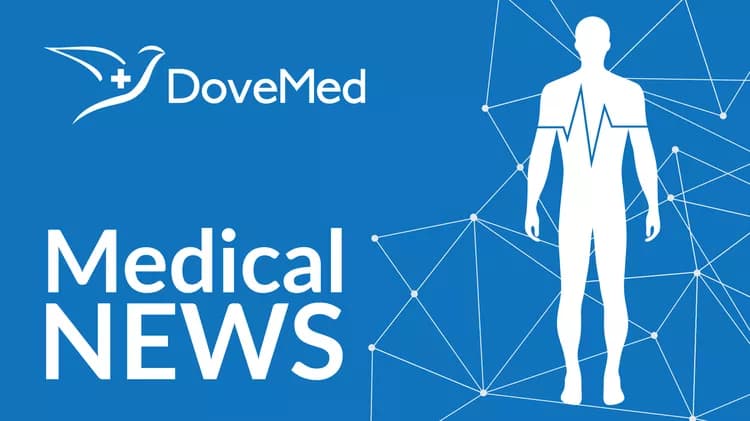
New A.I. System Can Decode Fruit Fly Behaviors. Why That’s ‘Pivotal’ For Future Human Genetics Research
How can you tell if a fruit fly is hungry? Ask a computer.
While that may sound like a bad dad joke, it’s reality at Tulane University, where researchers have developed a new A.I. tool that can tell you if a fruit fly is hungry, sleepy or singing (yes, fruit flies sing).
Dubbed MAFDA (for Novel Machine-learning-based Automatic Fly-behavioral Detection and Annotation) the system uses cameras and a newly developed software to track and identify complex interactive behaviors of individual flies within a larger group. This allows researchers to compare and contrast the behaviors of fruit flies with different genetic backgrounds.
For more than a century, scientists have used fruit flies’ simple genome and short lifespan to decode mysteries of inheritance and immunity in humans with studies of Drosophila melanogaster nabbing six Nobel Prizes. Fruit flies and humans share 60 percent of the same DNA.
Previous algorithms were less accurate at tracking individual flies within a group, but the MAFDA system makes studying the tiny, winged insects easier.
“Fruit flies are like pioneers in the discovery of new things, from the chromosome theory of inheritance to innate immunity,” said corresponding author Wu-Min Deng, PhD., professor of biochemistry and molecular biology and the Gerald & Flora Jo Mansfield Piltz Endowed Professor in Cancer Research at Tulane School of Medicine. “To be able to quantify the flies’ behavior is really a step forward in behavior studies.”
Wenkan Liu, a School of Medicine graduate student who developed the MAFDA system, said the significance of the platform is “undeniable.”
“It speeds up research, minimizes human error, and provides intricate insights into behavior genetics,” Liu said. “This tool is potentially pivotal as it enhances reproducibility and paves the way for new explorations in large-scale behavioral analysis.”
MAFDA was developed as part of a recent study, which discovered that the gene that causes flies to perceive pheromones is the same gene that controls pheromone production. These findings, published in Science Advances, challenge the status quo view that separate genes control pheromone production and perception and have broad applications in the fields of human behavioral evolution, metabolism and sex dimorphism.
Going forward, the researchers hope to see MAFDA used in a variety of applications. Jie Sun, lead author and postdoctoral fellow at Tulane School of Medicine, said MAFDA could eventually be used to study other insects as well as mice and fish, and the system may be useful in studying drug effects.
“The more information we give the machine, the better it gets at correctly identifying different behaviors from courtship to feeding and so on,” Sun said. “This is a very important, meaningful tool.”
MAFDA is already in use on other research projects at Tulane, and researchers are working to package the system so it can be used by more scientists both at Tulane and around the world .
“That’s the goal,” Deng said. “The original idea was to be able to identify the health status of flies. That may be too much to ask right now, but we’re hoping this will be more broadly used by the community and hopefully in the future we can go in that direction.”
JOURNAL
Science Advances
DOI
10.1126/sciadv.adf6254
METHOD OF RESEARCH
Observational study
SUBJECT OF RESEARCH
Animals
ARTICLE TITLE
Integrating lipid metabolism, pheromone production and perception by Fruitless and Hepatocyte nuclear factor 4
ARTICLE PUBLICATION DATE
30-Jun-2023
Related Articles
Test Your Knowledge
Asked by users
Related Centers
Related Specialties
Related Physicians
Related Procedures
Related Resources
Join DoveHubs
and connect with fellow professionals

0 Comments
Please log in to post a comment.